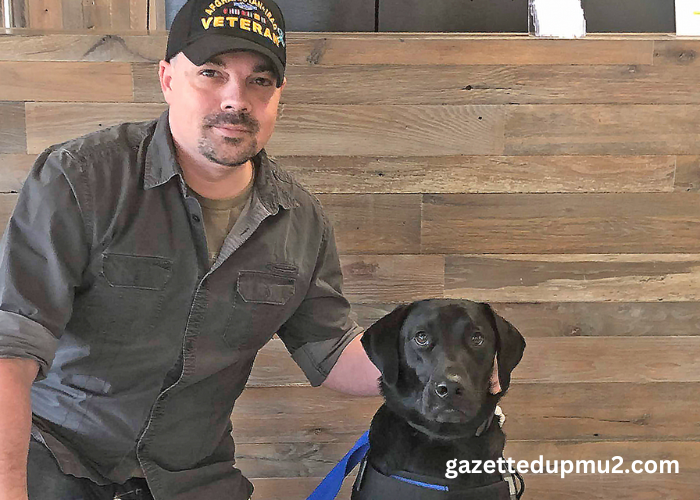Donating generously to veterans’ charities is a common way for citizens to support the veterans of our country. However, others take advantage of this kindness by employing unscrupulous fundraising strategies for specific charities. Even more blatantly, some people fabricate complete scams that merely use the terms “military” or “veteran” in their solicitation letters, doing nothing more than serving as fronts for personal enrichment rather than providing any benefits to veterans.
Put another way, just because an organization calls itself a ‘’veteran’’ doesn’t mean that you should automatically support it. It is best that you educate yourself before making a donation. Here are some tips for you:
Investigate a charity before making a donation
There are various ways to investigate a charity before making a donation. When it comes to veterans’ organizations, you might want to get in touch with one in your area to find out how it helps its members. Also, you can research online to learn more about the organization.
Any respectable wounded veterans charity will give you some time to think things through before asking for a donation. You shouldn’t feel compelled to donate. Also, be wary of groups that assert that you have already donated or pledged money, particularly if you cannot recall doing so.
Take care not to confuse names
Several veteran-focused charities go by almost similar sounding names. Note that phishers may utilize a name that is strikingly similar to a reputable charity.This is to confuse consumers about a brand or to provide the impression of credibility.
Some organizations utilize DBA identities to trick contributors; the same group sends solicitation letters to the same donors under multiple names. Make sure you donate to a legitimate charity.
Watch out for deceptive techniques
Some scammers may attempt to pressure you into making a sentimental choice or will seem to be grateful for a donation you never made. Some telltale indicators of charity frauds include the following:
- Unresponsive, evasive, or ambiguous responses—telemarketers who fail to address your inquiries.
- Fraudulent invoices for pledges you never made
- Telemarketers that are aggressive – These individuals may put undue pressure on you to donate right away
- Emotional pleas: Avoid feeling pressured to give money right away
- Refusal to deliver information: It is not worthwhile to support a charity or telemarketing that refuses to send you written information about the work that the organization is doing.
Beware of online charity scams
Never accept a donation request just because a friend posted it. What information do they have about the post? Be wary if you are unable to locate them online or if the information does not correspond with the campaign website. A respectable charity ought to identify its organizer.
Additionally, examine the payment security on the company’s website. If you’re making an online donation, confirm that the web address of the online donation form starts with “https.” This indicates that the information you provide is encrypted and sent safely. However, encryption does not imply legitimacy on its own. Even scammers are proficient in encryption.
Finally, never click on a link or attachment when making an online donation. In this case, you can be certain that something is wrong if:
- The domain name differs from the sender
- The link terminates in a domain other than.com or.org
- The organization’s name or website link is misspelled.
Use the right donation procedure
When donating to a veteran organization like the Wounded Warriors Family Support, write your check to the company, not to a specific person. It is advisable to write your name as it is without using initials. Also, request a receipt that details your donation amount, date, intended use, and tax-deductible status.
The takeaway
Research and verify the legitimacy of a veteran charity before donating. You should also be on the lookout for charity scams during the whole process.





